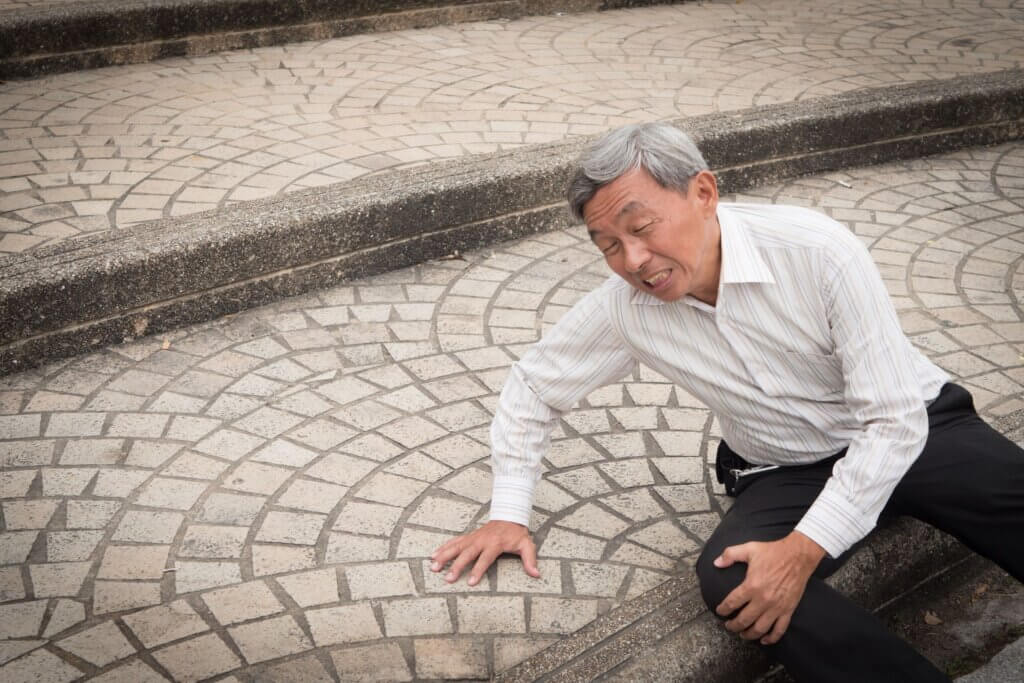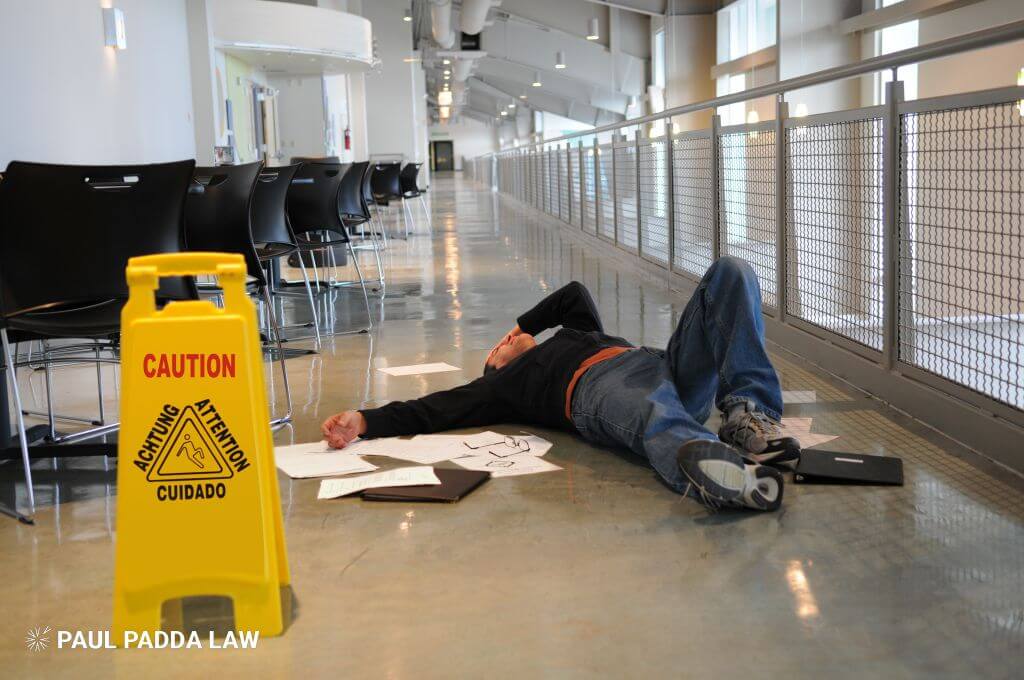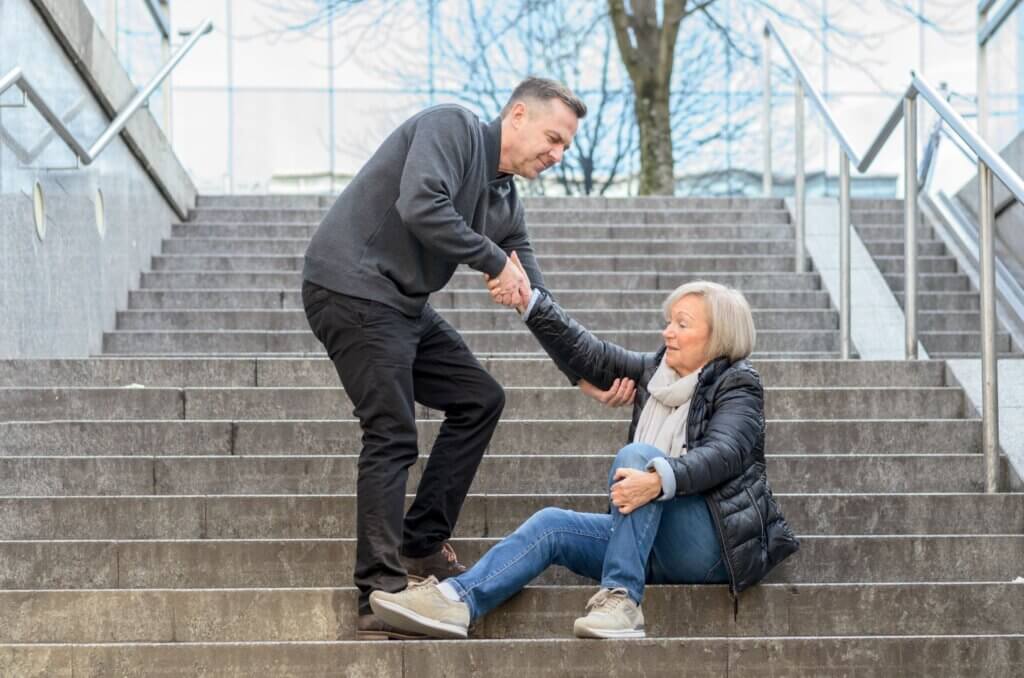January 7, 2022
Premises liability cases are among the most common types of personal injury cases. With that in mind, there are many misconceptions about what premises liability is, how likely you are to win a premises liability case, and who’s ultimately responsible for injuries sustained while on commercial or private land.
If you’ve suffered injuries while on property owned by another person or entity, you may be entitled to compensation. However, it’s in your best interest to consult with an experienced premises liability lawyer before pursuing a claim.

That way, you can determine the following:
- Whether you have a strong premises liability claim
- The potential value of your case
- What you can expect throughout the personal injury lawsuit process
Understanding premises liability: Generally speaking, premises liability is a legal concept that requires property owners, managers, and sometimes, staff to maintain reasonably safe conditions for guests and visitors. Property owners must also warn visitors of potential hazards that are not obvious. There are five main things to understand about premises liability cases. These include the following:
1. Premises Liability Cases Include More Than Just Slip and Falls
Slip and fall cases are the most common reasons for premises liability claims. However, there are many other potential claims available, including but not limited to the following:
- Injuries caused by falling objects
- Bodily harm or loss of property caused by inadequate security
- Defective products causing injury
- Dog bites and other animal attacks
- Inadequate lighting leading to injury
- Supermarket accidents
- Amusement park accidents
- Safety code violations
- Elevator accidents
To prove fault in premises liability cases, a person must prove that dangerous conditions existed on the property, the property owner was aware (or should have known) of the condition, and the hazardous condition caused a physical injury or other types of damages.
2. Property Owners Are Not Always At Fault For Injuries
Contrary to popular belief, property owners are not always liable for premises liability claims. Sometimes, the person claiming injury is at fault for the injuries they sustain. A few examples include:

- Injuries occurring to individuals who are trespassing on the property (some exceptions apply)
- The property owner took reasonable steps to repair the hazard and warn visitors of dangerous conditions
- The hazard was reasonably obvious (i.e., wet sidewalk while it’s raining)
- The plaintiff’s recklessness caused the accident
- The plaintiff’s injuries were not a direct result of the accident
- The plaintiff’s injuries were the result of a pre-existing condition, not the hazard
It’s important to note that Nevada is a “comparative negligence” state. That means that even if you’re partially responsible for your injuries, you may still recover damages. However, if a judge or jury determines that you are more than 50% negligent, then you are not eligible to recover any amount of damages.
3. Parties Other Than Property Owners May Be Liable For Injuries
Negligent property owners are typically at fault for premises liability injuries. However, that’s not always the case. Depending on the situation, others may be responsible, including:
- Property managers
- Property management companies
- Maintenance staff
- Security companies
- Contractors
- And more
Determining responsibility for your injuries is fundamental to a successful premises liability claim, but it’s not always easy to identify the culprit. An experienced personal injury attorney can help you investigate the case, find the responsible party, and pursue maximum compensation for your injuries.
4. Premises Liability Cases Can Occur Almost Anywhere
When most people think of premises liability lawsuits, they only consider the possibility of it occurring in places like grocery stores, retail outlets, restaurants, business offices, etc. However, homeowners can also be responsible for injuries that occur on their property.
While there are countless ways a private property owner can be liable for injuries sustained on their land, the most common include:

- Staircase accidents
- Pool accidents
- Accidents involving glass doors
- Dog bites and animal attacks
- Car accidents on the owner’s private property
- Slip and fall accidents caused by slippery entryways
- Other improper safety measures
Further, it’s essential to note that the federal and state government are nearly immune from premises liability suits.
However, certain immunities are waived depending on the circumstances. If you’ve been injured on government property, it’s in your best interest to consult with an experienced personal injury attorney to learn about your options.
5. Some Victims Are Awarded Punitive Damages
Most personal injury claimants seek compensatory and special damages for costs associated with the injury. Examples include:
- Cost of medical care and medical equipment
- Rehabilitation costs
- Lost wages
- Future economic impact
- Pain and suffering
- Loss of companionship
- And more
However, sometimes a judge will permit a jury to award victims of personal injury cases punitive damages as well. Punitive damages are often awarded to punish negligent property owners and act as a deterrent for others.

